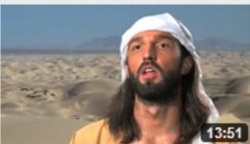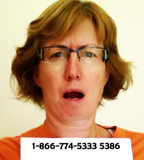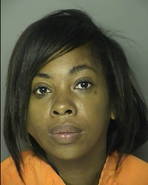
From the YouTube trailer of the film "Innocence of Muslims."
23 people were killed in violent protests in Pakistan on September 21. On September 22, a Pakistani cabinet minister offered $100, 000 to any one who killed the maker of the film "Innocence of Muslims." Earlier this month there was a one day closure of Canadian embassies in Egypt, Libya and Sudan after violent anti-American protests erupted, sparked by this anti-Muslim film produced in the United States. The protests led a mob to set fire to the U.S. Embassy in Libya on September 11 of this year, killing the American ambassador and three employees. Protests have spread throughout the Middle East, North Africa and parts of Asia. A timeline is provided here by the New York Times.
The film begins with Egyptian Muslims burning the homes of Egyptian Christians as security forces stand idly by. NBC describes the film as showing the prophet Muhammad as “a womanizer, a homosexual, and a child abuser,” while critics say the film includes "not a single artistically redeemable aspect.” Muslim filmmaker Kamran Pasha says “it is a film of questionable artistic merit, backed by a group of bitter bigots whose only agenda was to incite hatred and violence.” Actors in the film have publicly stated they were not aware of the intent of the film and their voices have been dubbed over the original words spoken in the film.
For many, the reaction to the film is hard to understand. While there is little doubt that the film is disrespectful to Muslims, this degree of violence seems out of proportion to the film itself. Some speculate that the protests are evidence of simmering anger towards the United States and its policies, while others see it as an example of religious extremism. Perhaps Hezbollah chief Hassan Nasrallah is right when he said, “The world does not understand the breadth of the humiliation.” In any event, these protests are a test for the leaders of nations in the Middle East after the Arab Spring, which saw uprisings several nations in the Arab world, leading to regime change in Tunisia, Egypt, Yemen and Libya.
The film has only aired once in the United States and was released on YouTube in July. Governments in Pakistan and Bangladesh have blocked access to YouTube after requesting the video be removed, claiming they contain “indecent material.” In addition, the government of Pakistan banned cell phone use in major cities
At what point should a government censor or ban materials, either to prevent the spread of hatred, or in the interest of public safety?
For more, read al Jazeera's article about freedom of the press and freedom of religion.


 RSS Feed
RSS Feed